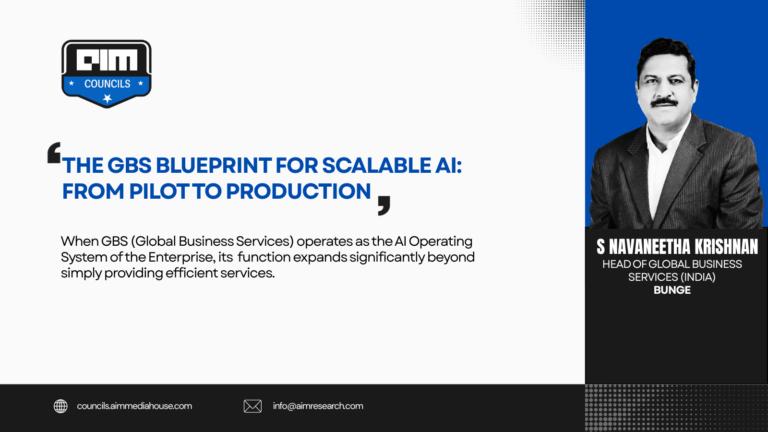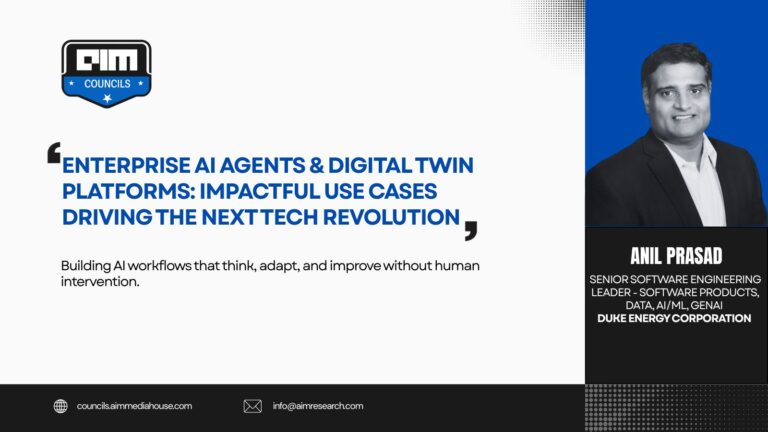Business leaders are always on the lookout for AI tools that can enhance operations, optimize costs, and improve decision-making. Among the growing landscape of AI models, two names have gained significant attention: DeepSeek and ChatGPT. While both models offer powerful capabilities, they serve different needs. Understanding their strengths and limitations is essential for making an informed decision about which AI solution best aligns with an organization’s goals.
Understanding the Core Differences
At their core, DeepSeek and ChatGPT take different approaches to AI. DeepSeek is an open-source model designed for efficiency, particularly excelling in technical tasks like coding and mathematical computations. It achieves 90% accuracy in technical tasks and mathematics, making it a strong contender for problem-solving. ChatGPT, on the other hand, is a user-friendly AI built for versatility, making it more suitable for general research, content creation, and customer interactions.
One of the most notable differences is their underlying model architecture. DeepSeek utilizes a Mixture-of-Experts (MoE) approach, which activates only the most relevant subset of its parameters based on the query. This results in optimized efficiency and lower computational costs. In contrast, ChatGPT employs a traditional transformer model, engaging all parameters for every request, ensuring consistency across responses, but at a higher computational cost.
Performance and Use Cases
For business leaders, performance is about more than just speed, it is about reliability and business value. Here’s how these two AI models compare:
| Feature | DeepSeek | ChatGPT | Winner |
| Model Type | Mixture-of-Experts (MoE), activates only relevant parameters | Transformer model, uses all parameters | Both have strengths |
| Technical & Coding Tasks | Strong in mathematics & coding (90% accuracy) | Generalist, good across multiple topics | DeepSeek |
| User Experience | Requires technical expertise | Polished, easy to use | ChatGPT |
| Cost | Open-source, free | Subscription-based | DeepSeek |
| Speed | Faster for structured queries | Consistently reliable but slower in computations | DeepSeek |
| Customization | High (for developers) | Limited, but user-friendly | DeepSeek |
| Privacy | Some compliance concerns | Strong data protection standards | ChatGPT |
Cost and Efficiency Considerations
Every AI solution comes with an operational cost, and cost efficiency plays a major role in adoption. DeepSeek is open-source, which means businesses can integrate and customize it without licensing fees. This makes it a strong contender for companies looking to reduce AI-related expenses. However, the technical expertise required to deploy and maintain DeepSeek may add to operational costs.
ChatGPT operates on a freemium model, where basic usage is free, but premium features require a subscription. While this adds to costs, it also ensures a seamless experience with minimal setup and maintenance, which can be a deciding factor for organizations that prioritize ease of use over customization.
Privacy and Compliance Factors
For industries that handle sensitive data, such as finance, healthcare, and legal services, privacy and compliance are major considerations. ChatGPT follows strict data protection policies that align with global compliance standards. DeepSeek, while open-source, may require additional security measures depending on how it is deployed.
For companies prioritizing data privacy, ChatGPT may be the safer choice due to its well-established moderation policies. However, businesses looking for greater control over their AI models might prefer DeepSeek, provided they have the resources to implement their own security measures.
Flexibility and Customization
One of DeepSeek’s greatest strengths is its ability to be fine-tuned for specific tasks. Since it is open-source, developers can modify it to suit their organization’s needs. This makes it highly adaptable for industries requiring specialized AI models.
ChatGPT, while not as customizable, provides a more accessible and streamlined experience. Its user-friendly interface and built-in features make it easy for non-technical users to integrate it into their workflows. This is particularly useful for companies seeking quick deployment without the need for extensive AI expertise.
Which AI Model is Right for Your Business?
The choice between DeepSeek and ChatGPT depends on your organization’s priorities.
- If your business relies on technical computations, cost efficiency, and customization, DeepSeek may be a better fit.
- If your focus is on usability, general business applications, and consistent performance, ChatGPT is likely the best option.
Many businesses may find that a hybrid approach works best, leveraging DeepSeek for technical tasks while using ChatGPT for broader communication and content needs.
Future Implications and AI Strategy
As AI adoption continues to grow, organizations must consider long-term strategies for AI implementation. Businesses investing in cost-effective, customizable AI solutions may find DeepSeek a valuable asset. On the other hand, companies needing a reliable, all-in-one AI assistant will benefit from ChatGPT’s structured and polished ecosystem.
Furthermore, advancements in AI regulation and compliance could impact decision-making. Organizations must stay informed about how different AI models handle data privacy, security, and bias to ensure ethical and responsible implementation.
Selecting the right AI model is crucial for maximizing efficiency and business impact. Whether it’s the structured, cost-effective approach of DeepSeek or the versatile, user-friendly design of ChatGPT, each has a role to play in the evolving AI landscape. By evaluating performance, cost, usability, and security, business leaders can make informed decisions that drive innovation while ensuring sustainable AI implementation.







